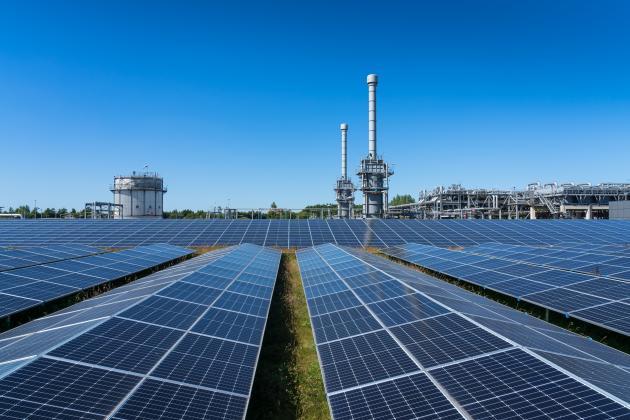
Publié le 16/07/2025, mis à jour le 16/07/2025
Intergrating renewable energy with agriculture in St Eustatius: Assessing the feasability of agrivoltaic development and improving water harvesting
-
As part of climate resilience efforts, renewable energies are essential to the sustainability of Small Island States. To boost resilience on the island of St. Eustatius, a solar park has been built on 40,000 m² of arable land. Agrivoltaics (growing plants under solar panels) could represent an excellent opportunity to integrate renewable energy into sustainable agricultural production. This would improve food security while increasing land-use efficiency and reducing the anthropogenic impact on marine biodiversity caused by land erosion. Solar panels could also be adapted to harvest rainwater for crop irrigation, with the surplus stored for use by the farming community.
-

The GO facility deployed on the island of Saint-Eustache aims to determine whether agrovoltaics is a suitable solution in the St. Eustatius context. As a first step, a feasibility study for the development of agrovoltaics on St. Eustatius will be carried out, followed by a small-scale pilot experiment to test agrovoltaic farming practices, after training provided to local farmers from the St. Eustatius cooperative. Depending on the results of the feasibility study and the pilot experiment, a detailed proposal for a larger-scale agrovoltaic project could be drawn up, to enhance the island's food self-sufficiency.
.
-
This project is in line with existing public policies for energy transition and climate resilience, and proposes an integrated and inclusive approach that combines agriculture and renewable energy. This facility will have a sustainable social and environmental impact, as it will increase local food production by reducing soil erosion.
